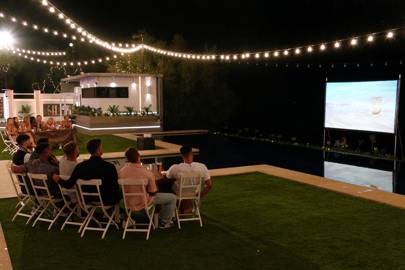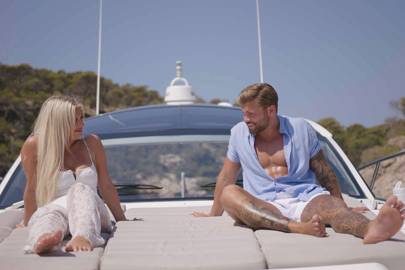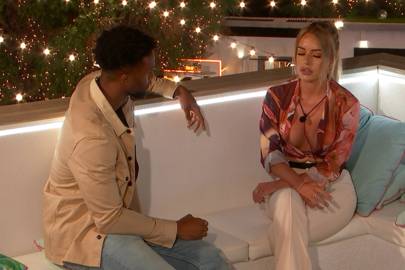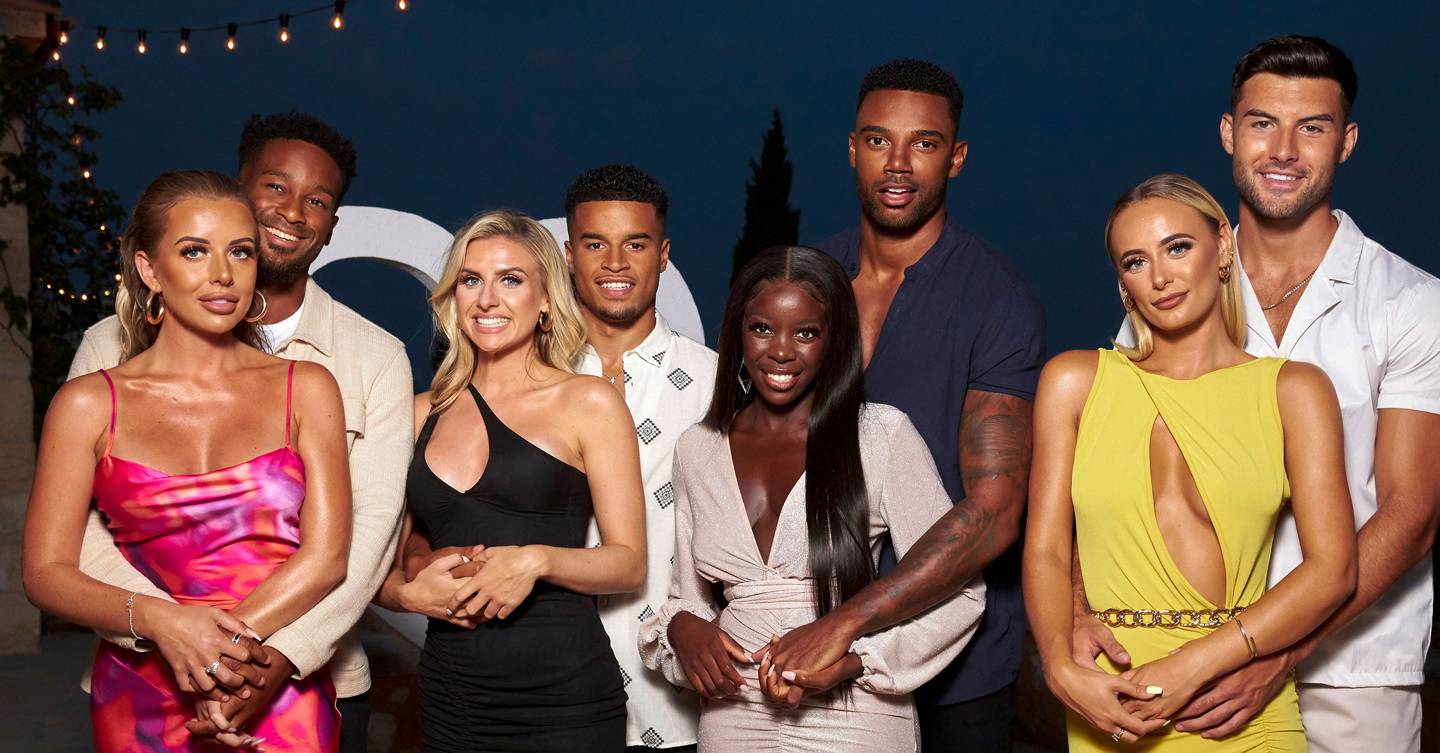After a two year hiatus, this year’s summer season of Love Island was widely anticipated, discussed and dissected by die-hard fans, staunch critics and people who fell somewhere in between. It was something for us to look forward to; a familiar seasonal treat from the time before words like ‘lockdown’ or ‘pandemic’ or ‘Covid’ were in our everyday lexicon.
Back in June, I wrote about my own hopes for this series, discussing possible changes to the format, the show’s place in the #BeKind discourse and whether or not it could really ever recover from the tragic suicides of two former contestants Sophie Gradon and Mike Thalassitis, and the show’s presenter, Caroline Flack.
The finale aired on Monday 23rd August, watched live by 2.8 million viewers. After 8 weeks, almost 60 episodes and 37 different Islanders, I’m still not sure I have any concrete answers on whether things have changed for the better – or could ever really improve.
Certainly the producers seem to have made some attempts at better looking after the cast’s mental health. For the first time, the islanders didn’t participate in games where they were shown verbatim headlines or tweets from the public, something which has been understandably very distressing for contestants in previous years. But there were still many situations that seemed engineered specifically to target their emotional vulnerability or play on existing insecurities.

In one challenge, couples were asked to rank themselves against viewers’ assumptions, which revealed unpleasant truths about their popularity on the outside world. In another challenge, they watched unseen clips of one another on a large movie screen, sparking real distress and arguments. 26-year-old contestant Faye, who was involved in many of this season’s more controversial moments, took this task especially hard, becoming verbally abusive towards her partner Teddy Soares and ending their relationship. In her final interview with host Laura Whitmore, she also revealed that she’d hated much of her first few weeks on the show and had wanted to leave several times, something which wasn’t apparent to viewers at the time.
But most of my real concerns go beyond what happens while the contestants are on the show. In spite of all the ups and downs, it feels like a stay in the villa is genuinely quite good fun; made up of playing games, dressing up, getting a decent tan and doing some snogging. But the villa is a prelude to the kind of immediate fame that I’m not sure any of us could fully mentally prepare for. Many of the contestants enter as normal people, often from small towns and with only the slightest idea of what it might mean to have hundreds of thousands (or even millions) of followers, and relentless public recognition. Though the show promises rigorous aftercare, psychological support, financial training and guidance on how to manage fame and abuse on social media, the adjustments must be enormous, with absolutely no off-switch or way to opt out.

Though this year’s contestants have all been shamefully (though predictably) subject to online abuse, it’s important to note that this public ire is never evenly distributed. Kaz, a 26-year-old Black woman and one of this year’s original islanders, was often branded as aggressive on social media, despite being one of the more collected and articulate of the bunch. When she found herself coupled up with one boy while still fancying another (a fairly normal dynamic on any dating show), she was immediately and viciously targeted, with her family having to put out a statement exposing the ‘vulgar racist abuse’ received on her account, and begging people to stop.
Despite the situation being resolved quickly with very minimal drama or hurt, Kaz continued to be criticised and attacked. As with previous Black contestants, she wasn’t given the same access to public forgiveness as a white contestant might be. Kaz finished the series in fourth place with her partner Tyler (the first Black couple to reach the UK final in all seven seasons), one place behind fellow contestant Faye, whose treatment of her partner Teddy earned the show 25,000 Ofcom complaints for one single episode.

This disparity is a reminder of a vile truth, and one that only some of us are able to look away from: you cannot exist as a Black person on television or in the public eye without incurring racist abuse, whether you’re a woman calmly standing up for herself and figuring out her feelings on a dating show, a young footballer giving away most of his earnings to charity or a Cambridge-educated politician harmlessly drinking a tinny on the overground.
This isn’t a problem that begins and ends with Love Island, but it’s one of the more public places that we see it play out. Though the show has paid lip service to caring about the wellbeing of its stars, unless they take real steps to properly protect and defend those most at-risk, it often feels unethical to continue to engage so enthusiastically with the franchise.
One thing that thankfully didn’t change about Love Island this year was the hilarious nightly commentary on social media. Reading viewers’ funny, astute tweets made it possible to thoroughly enjoy even an objectively very boring episode. These fans understood the assignment: enjoy the drama, buy into the narrative and pick your favourites, but do so without involving the islanders themselves or any of their friends and family.
But many of these commentators ended this series disappointed and exhausted, vowing not to invest their time again next year. And honestly? I’m inclined to agree. Though there was a lot to enjoy on paper – the immediate and unshakable friendship between Kaz and Liberty; Toby’s totally unpredictable character arc from clueless boy-man to smitten boyfriend; plus countless world-class memes – something still felt a bit rotten about it all. And maybe that’s not something that can be changed with more aftercare or “kinder” challenges. Perhaps it goes deeper, right down to our culture of entitlement, online disinhibition and hate, to the endemic racism in Britain that’s reflected in the show’s viewership.
In light of that, that perhaps it’s better to leave on our own terms instead of feeling strung along for yet another year. Maybe it’s time for us to walk away with our heads held high, to make like Liberty in episode 53 and exit a situation where we’re giving so much more than we’re getting in return.
